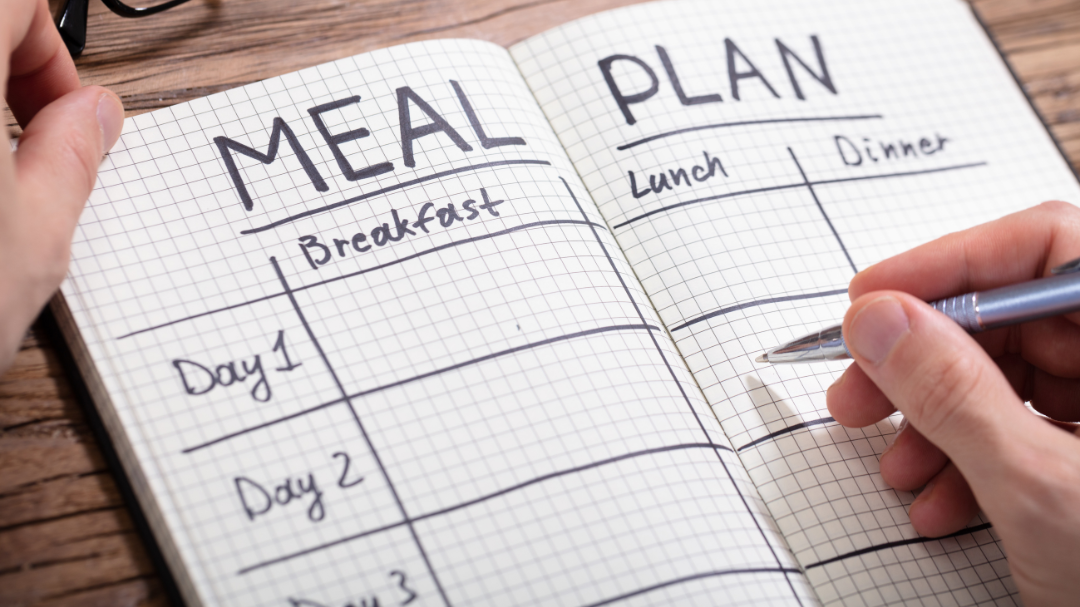
What’s for dinner? It’s an age-old question, and a challenging one to answer, especially if you’re indecisive or picky. Sometimes people spend more time deciding what to eat than actually preparing the meal. But this predicament can be solved through the use of meal planning. At the beginning of the week, you can outline what you’ll be having for breakfast, lunch, dinner, and even snacks.
Meal planning, however, doesn’t just help those who can’t decide what to have for their lunch breaks. In fact, proper meal planning offers several benefits. Here’s your beginner’s guide to making your first weekly meal plan.
The Benefits of Weekly Meal Plans
There’s no doubt that meal planning is going to take some effort, at least at first. But the numerous benefits that it can offer you will make all of your effort worth it. Here are just a few benefits of weekly meal planning:
- Start eating healthy. Preparing your meals at least one week early means you’re less likely to reach out for a fast-food restaurant because of its convenience. Planning out what you’ll be eating and when can help ensure that you’re maintaining a balanced diet.
- Save money. Fast food is becoming more and more expensive, especially if you order out multiple times a week. Preparing your meals will take more time, but it will certainly help you start saving more of your money. The price difference between buying cooking ingredients and buying fast food will be noticeable in the long run.
- Save time. When you combine meal planning with meal prepping, you’ll find that preparing your meals throughout the week takes up far less time than usual. This gives you more free time throughout the day to take care of your other responsibilities.
- Portion control. Preparing your meals without planning in advance can sometimes lead to larger portions than you expected. If you include batch cooking in your meal planning, you’ll be able to see how each meal is proportioned, which could prevent you from overeating.
Tips for Creating Your Weekly Meal Plan
In its simplest form, meal planning involves deciding what your meals are for the next week, then spending some time during the weekend to go grocery shopping and meal prepping. Here are a few tips to make the process easier for you.
- Don’t avoid ‘unhealthy’ foods completely. Removing something from your diet completely will only make you crave for it later. Part of meal planning is ensuring that treats such as fast food, sweets, and other ‘junk food’ are eaten in moderation. While it isn’t good to eat takeout everyday, it isn’t good to completely ban yourself from it, either.
- Consider each recipe’s ingredients. When planning your meals, look for recipes that have common ingredients with one another. Too much variety in your recipes might mean buying several ingredients that will only be used once or twice. Buying fewer ingredients will also help you save more money.
- Check what you have. Before you go grocery shopping for the week, always check your pantry and see what you already have in stock. Knowing what you already have on hand can help you save money later on.
- Spend an hour of your weekend on meal prepping. Meal prepping during the weekends helps you spend less time on cooking during the weekdays. Consider spending an hour of your Sunday on washing vegetables, chopping up ingredients, and cooking meats in advance. By the time the weekdays roll around, all you’ll have to do is put them all together.
